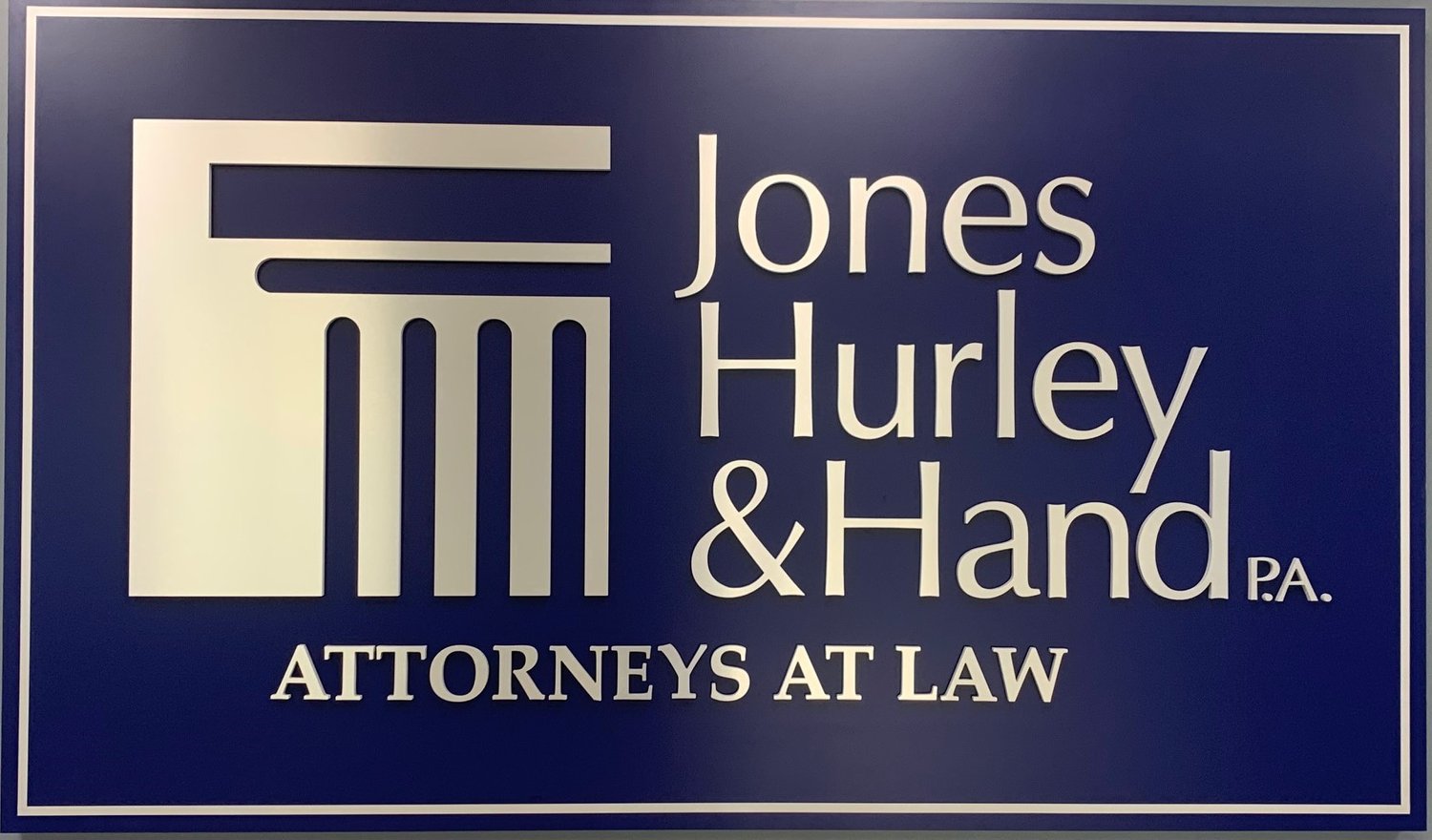F.S.440.13(3) contains a wealth of different timeframe based triggers by which a Carrier must respond to a request for treatment from an authorized provider. F.S.440.13(3)(d) gives the Carrier 3 business days to respond to such a request or the Carrier "consents to the medical necessity for such treatment."
Notwithstanding, pursuant to F.S.440.13(3)(i), for claims seeking specialist consultations, surgical operations, physiotherapeutic or occupational procedures, x-rays or diagnostic tests over $1,000,00, the Carrier has 10 days to respond. Now, here is where things get interesting. Unlike F.S.440.13(3)(d) which specifically notes that failure to respond results in a consent to medical necessity for such treatment, this section specifically lists a few exceptions where the Carrier does not have to provide such care even if not timely responded to, including where a JCC determines a consultation or procedure is not medically necessary.
In Andino-Rivera v. Southeast Atlantic Beverage Company/Gallagher Bassett, a request was made for pain management evaluation, but following an IME, the authorized doctor rescinded the request, leaving no doctors requesting the evaluation or indicating it was medically necessary. Further, the Claimant counsel conceded that the request fit into the specialist consultation criteria of F.S.440.13(3)(i). The JCC denied the request as not medically necessary due to no doctor requesting the evaluation any longer, but the First DCA found that the only inquiry was whether the Carrier responded timely or not. As a result, they remanded for the JCC to answer this question and issue an updated ruling.
From a practical perspective, this reinforces for all adjusters that there is a premium on timely responding to medical requests. This case makes it more difficult to escape waiver when a timely response is not provided. The response need not be eloquent or verbose, merely a response of almost any kind. Formulating standardized language which basically amounts to a maybe would be a good practice to insulate from any resulting exposure stemming from this statute and caselaw interpretation. Additionally, arguing that other defenses such as major contributing cause still apply would also likely remain viable in the face of this recent decision.
As always, if you face a challenging set of facts, or if you just need an opinion on how to proceed in a given claim, don't hesitate to contact one of our attorneys for assistance or guidance.
